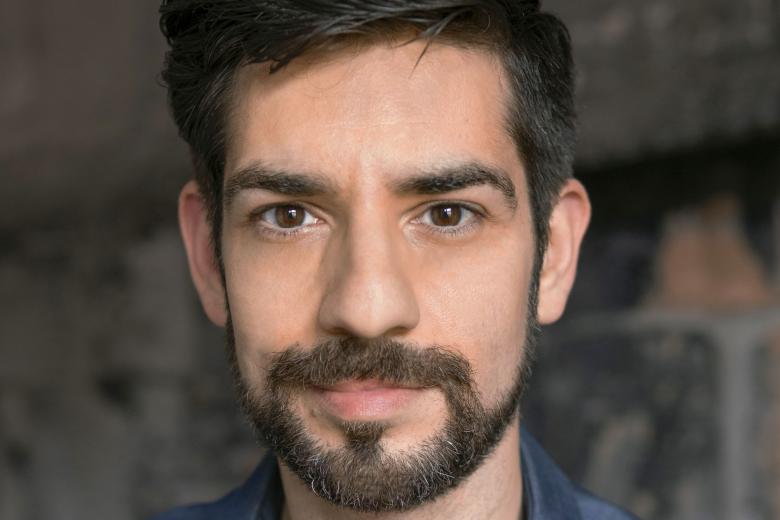Sanne Rovers will start with her research funded by the Starter Grant
Self-assessment for research into supporting students’ optimal use of self-assessments in competency-based medical education
Self-assessment can play an important role for effective learning: through self-assessment, students can gain information about gaps in their knowledge and how these gaps can be remedied. But it is challenging to effectively use self-assessment tools. In the new BA-MED curriculum, students currently can take personalized self-evaluations in which they can choose questions on topics they want to answer. Students can do this as often as they like, and input of the results can be used for their portfolio. This research aims to dive deeper into how to support students in optimally using the self-assessment tools, by asking questions such as: what are the needs of the students? How do they value the self-assessments? How do they use the results? Is it beneficial for their learning process, and how can we support them?
The Starter Grant allows to answer these questions by appointing a new PhD position within the School of Health Professions Education and the department of Educational Development & Research.
Also read
-
King Willem-Alexander to attend Maastricht University’s 50th anniversary
Maastricht University (UM) will celebrate its 50th anniversary in 2026. On Friday 23 January, the jubilee year will begin with the Dies Natalis, the official anniversary celebration. His Majesty the King will be in attendance.
-
ERC Consolidator grant for dr. Ryszard Auksztulewicz
Dr. Ryszard Auksztulewicz, assistant professor at the Faculty of Psychology and Neuroscience (FPN), has been awarded the ERC Consolidator grant for his research proposal entitled MemPred - Mnemonic and predictive influences on sensory processing: mapping the neural computations .
-
Costas Papadopoulos awarded Open Science NL grant
€1.5 million for Open Science Digital Infrastructure for 3D Scholarship